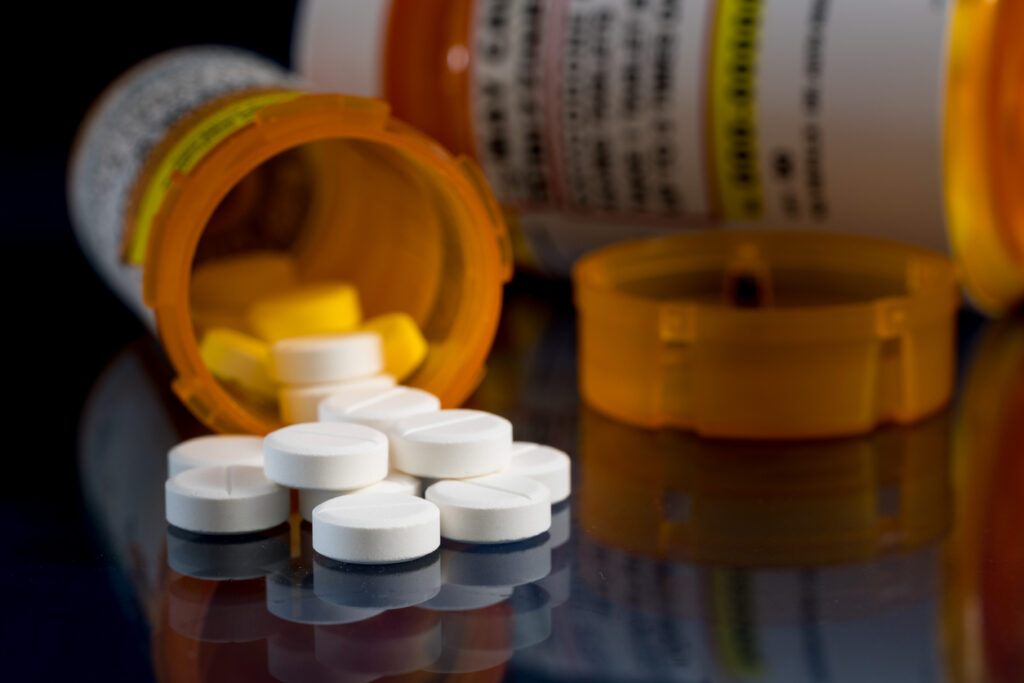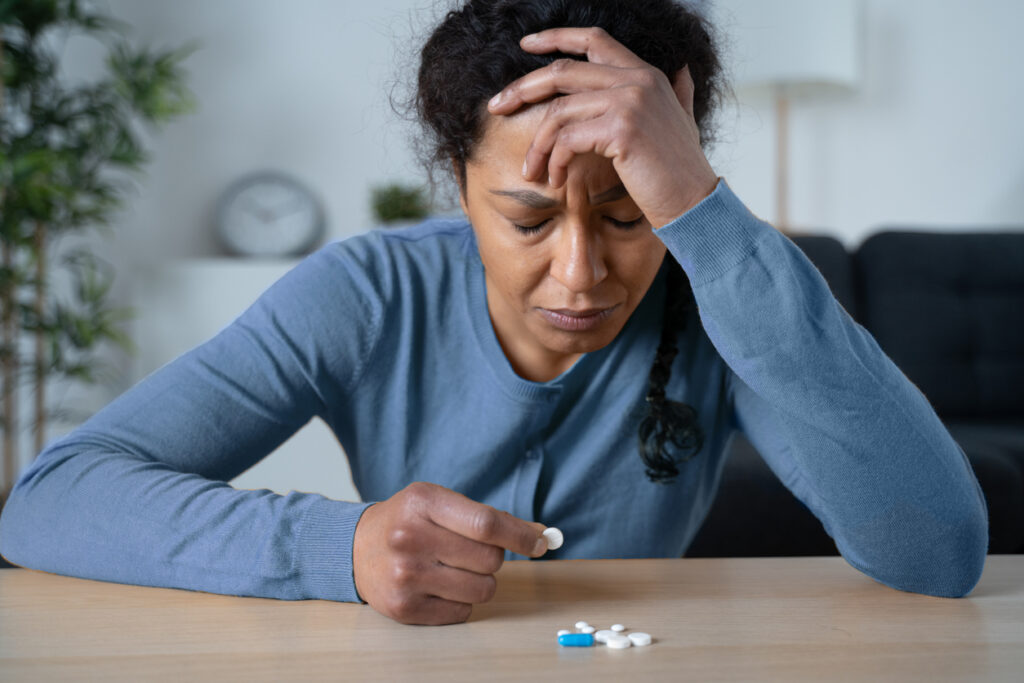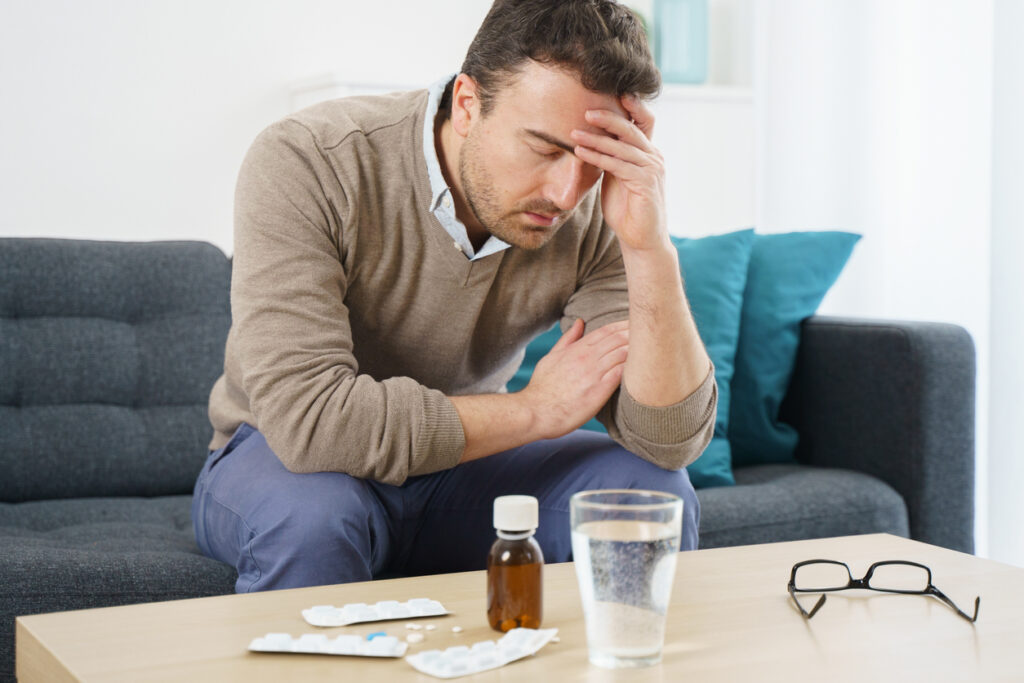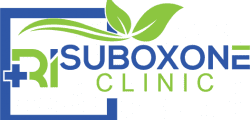The opioid epidemic has devastated many communities in the United States and beyond. One of the most severe issues associated with opioid abuse is opioid use disorder (OUD). According to CDC.gov, in 2022, about 2.7 million people in the United States reported suffering from OUD. This number has been steadily increasing over the years.
It all starts with a legitimate need for pain relief and the misuse of prescribed opioids. It can easily lead to an addiction, making it difficult or even impossible to quit using opioids without help. Thankfully, several effective treatments are available, including Suboxone.
Knowing your resources and treatment options is crucial in getting help with OUD. Suboxone is an effective medication for treating opioid addiction. Let’s look into the treatment options available with Suboxone in Rhode Island.
What Are Opioids?

Opioids are a class of medications used to treat pain. Certain prescription pain relievers, synthetic fentanyl, and heroin are examples of opioids. Opioids all have a similar impact on the brain – they lessen the strength of pain signals reaching the brain and influence brain regions governing emotion and respiration.
If your body is exposed to more opioids than it can manage, depending on how much you take and how you take it, there may be substantial dangers and adverse effects.
Opioids reduce the number of pain signals sent to the brain by your body. They also alter how your brain reacts to pain. Opioids are safe when taken correctly. People can get addicted to opioids if they abuse the medication. Individuals who use opioids illegally might also get addicted to them.
Examples of opioid drugs include:
- Opium
- Codeine
- Fentanyl
- Heroin
- Hydrocodone and oxycodone
- Hydromorphone and oxymorphone
- Methadone
- Morphine
- Tramadol
What Is Opioid Use Disorder?

Opioid Use Disorder (OUD) is a chronic and relapsing brain disease caused by the misuse of opioids. Individuals with OUD have difficulty controlling their use of opioids, despite the potential for serious health risks and negative social consequences. People who go through OUD may engage in high-risk behavior, such as needle sharing or unprotected sex, which can lead to further medical complications.
Opioid Use Disorder Symptoms

OUD can be challenging to diagnose, as the symptoms vary from person to person. Some typical signs of OUD include:
- Uncontrollable opioid craving
- Spending large amounts of money on opioids
- Using more opioids than intended
- Increasing tolerance to the drug (needing larger doses to achieve the same effect)
- Inability to cut down or quit using opioids
If you or someone you know is experiencing any of these symptoms, seeking help as soon as possible is crucial.
Withdrawal Symptoms

Withdrawal is one of the worst parts of opioid addiction. It can bring on a wide range of unpleasant physical and psychological symptoms, including:
- Muscle aches
- Anxiety
- Depression
- Fatigue
- Nausea or vomiting
- Diarrhea
- Sweating
- Agitation/irritability
- Insomnia/trouble sleeping
Quitting opioids is not easy. Going “cold turkey” can be dangerous, so you must seek professional addiction treatment. Otherwise, withdrawal symptoms can be highly challenging to manage. If these symptoms become severe, you must seek medical attention immediately.
Counseling for OUD

One part of the OUD treatment plan is therapy. Counseling for opioid addiction can help patients identify their triggers and develop coping strategies to avoid relapse. It also allows individuals to understand their behavior and how to manage it better.
Two main types of counseling are available: cognitive behavioral therapy (CBT) and dialectical behavioral therapy (DBT). CBT helps people learn how to identify and deal with distorted thoughts, while DBT focuses on assisting individuals in regulating their emotions. Both types of counseling can be incredibly effective in helping manage opioid addiction.
Treatment without counseling is only partially effective; counseling is an integral part of the treatment process. When combined with medical treatment, it can be a powerful tool to help individuals manage their OUD and reach recovery goals.
OUD Treatment With Suboxone

Suboxone is a medication used to treat OUD. It is a combination of two drugs: buprenorphine and naloxone. Buprenorphine binds to the same opioid receptors in the brain as other opioids, but it does not cause the same high or euphoria that other opioids do. Naloxone blocks the effects of other opioids and can help prevent relapse.
Suboxone relieves withdrawal symptoms and cravings while blocking any effects of other opioids. Remember, Suboxone is not a cure-all for OUD. It is an effective tool when combined with counseling and other treatments.
The goal of Suboxone treatment is to reduce opioid use over time and eventually stop the use of opioids altogether. It can be challenging but can lead to long-term recovery from opioid addiction with the proper support and guidance.
Prevention and Self-Care

Remember, prevention is vital to opioid addiction. If you or someone you know is at risk for OUD, there are ways to prevent it from occurring.
Educating yourself on the dangers of opioids and avoiding high-risk behavior can help reduce the likelihood of developing an addiction. Additionally, you should follow your doctor’s directions in taking prescribed opioids.
It is also essential to practice self-care. Eating right, getting enough sleep, exercising regularly, and managing stress can all help reduce the risk of opioid addiction. Taking care of yourself is an essential part of prevention and avoiding relapse.
Participating in follow-up treatments, such as counseling and support groups, can also be beneficial in maintaining recovery. With the right mindset, help, and commitment, OUD can be successfully managed, and individuals can achieve long-term recovery.
Contact Us Today
Remember, opioid addiction is a severe condition and should not be taken lightly. If you or someone you know is struggling with OUD, contact the RI Suboxone Clinic today at 401-228-2793. We connect you to only the most reliable and experienced clinicians treating opioid addiction. Get started today and take the first step toward recovery!




